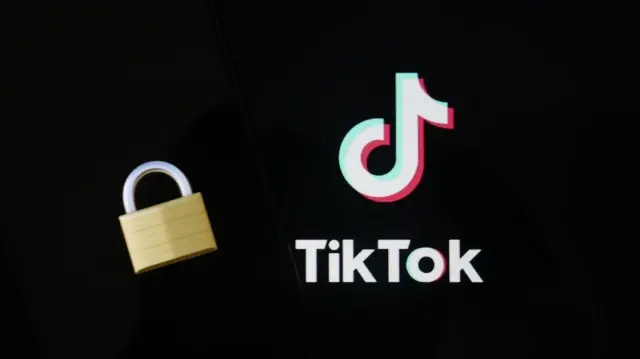Amnesty study finds TikTok algorithm pushes harmful content to teens

Research conducted in France shows TikTok's recommendation system exposed teenage test accounts to depressive and suicidal content within minutes. Amnesty International alleges the platform violates EU digital safety regulations designed to protect minors.
A new investigation by Amnesty International has raised serious concerns about TikTok's impact on teenage mental health, alleging that the platform's algorithm systematically promotes depressive and suicidal content to young users in France. The research, conducted in collaboration with the Algorithmic Transparency Institute, found that TikTok's "For You" feed rapidly exposed test accounts representing 13-year-olds to distressing material, potentially violating the European Union's Digital Services Act designed to protect children online.
Rapid Descent into Harmful Content
Researchers established three simulated teenage accounts in France to examine how TikTok's recommendation system responds to interest in mental health topics. Within just five minutes of engagement, the accounts encountered videos addressing sadness and disillusionment. After 15 minutes, approximately half of the content shown consisted of depressive material, and within 45 minutes, two of the test accounts were receiving videos that referenced suicidal thoughts. The study found that when accounts interacted with sad content, the algorithm more than doubled its recommendations of similar material.
Personal Testimonies Highlight Real-World Impact
The report includes accounts from French teenagers and parents who describe TikTok's role in normalizing self-harm and suicidal ideation. An 18-year-old identified as Maelle reported that exposure to self-harm content significantly worsened her mental health, stating that certain videos remained "burned into my memory." Stephanie Mistre, whose 15-year-old daughter died by suicide in 2021, accused TikTok of treating children as "products" by leveraging their emotions to maximize engagement, calling the platform's intrusion into young users' private lives "unacceptable."
Regulatory Implications and Platform Responsibility
Amnesty International contends that TikTok's practices appear to breach the EU's Digital Services Act, which mandates that social media platforms assess and mitigate systemic risks to children's rights. Despite implementing new safeguards in 2024, the organization claims TikTok continues to expose minors to content that glamorizes despair and self-harm. The human rights group is urging the European Commission to impose binding measures that would compel the platform to better protect vulnerable users, highlighting ongoing regulatory scrutiny facing TikTok across European markets.
Advertisement







Comments you share on our site are a valuable resource for other users. Please be respectful of different opinions and other users. Avoid using rude, aggressive, derogatory, or discriminatory language.